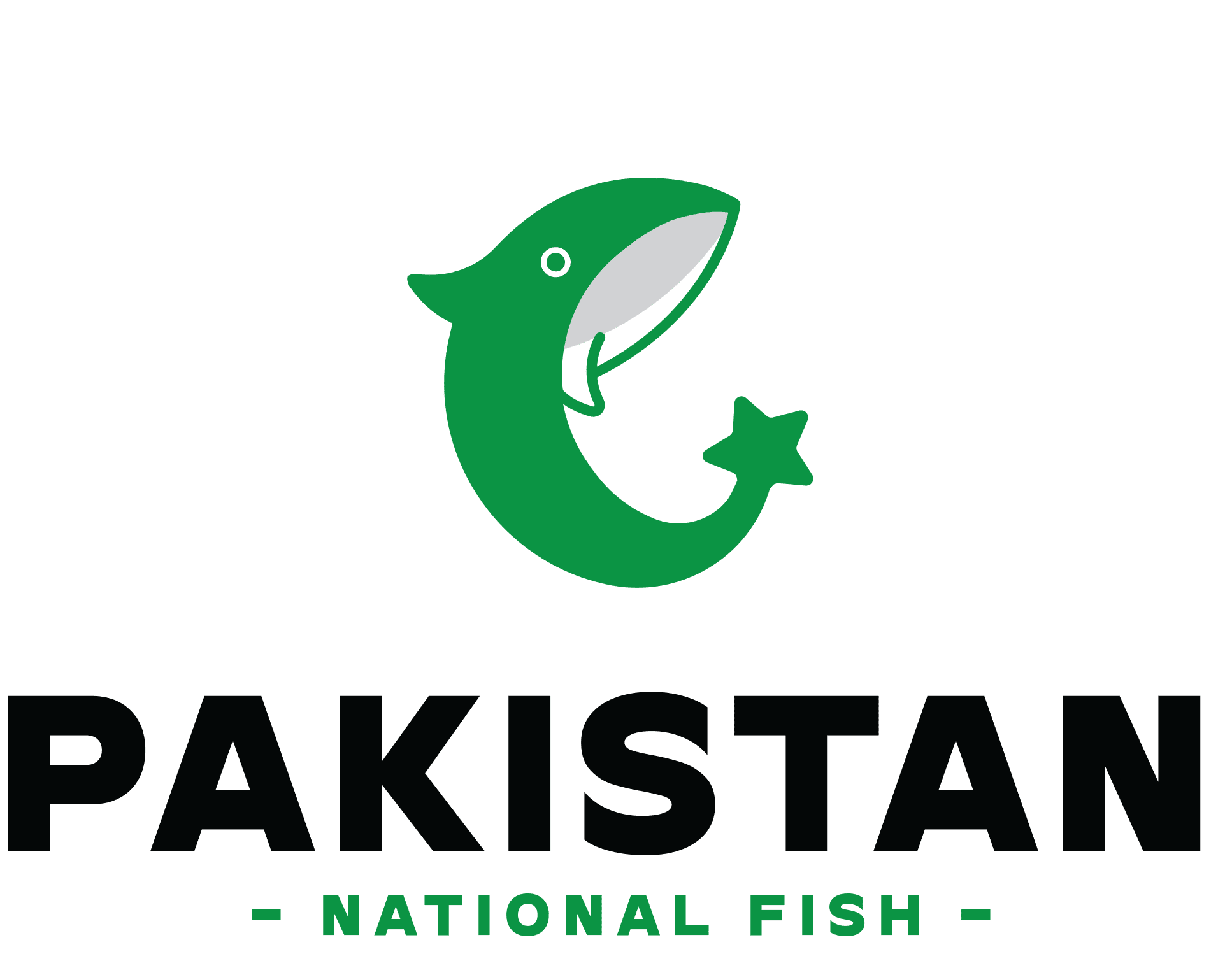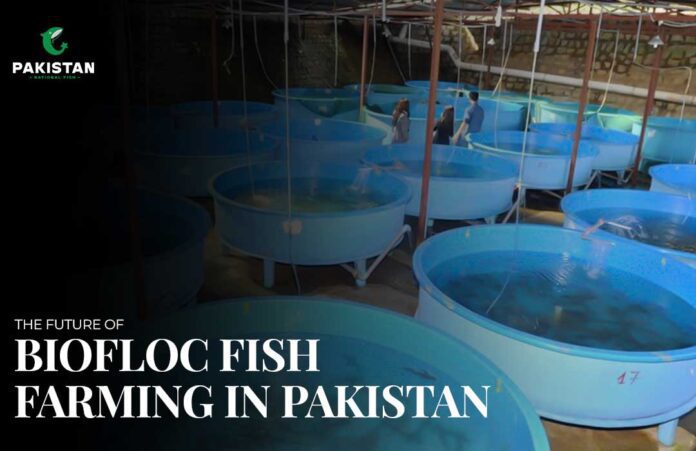As global demand for sustainable and efficient food production develops, Pakistan is looking at new ways to improve its aquaculture business. One such methodology gaining popularity is biofloc fish farming, an innovative system that combines sustainability and profitability.
Biofloc technology (BFT) transforms fish farming by recycling nutrients in water, lowering demand for conventional feed, and saving valuable water resources. This approach has the potential to address a variety of difficulties encountered by the Pakistani fish industry, including increased feed prices and water shortages.
What is Biofloc Fish Farming?
Biofloc fish farming is a highly successful and profitable industry in Pakistan. Pakistan not only meets its internal consumption requirements for various fish species, but it is also capable of fulfilling requests from outside. Conventional fish farming is more costly and less productive than Biofloc fish farming.
Biofloc Technology (BFT) is an environmentally friendly approach for producing real-time microorganisms. These microorganisms are created to provide healthy nourishment for fish. Because of this technology, fish farming requires no or very little water exchange.
This approach aids in balancing the levels of nitrogen and carbon in the water, which are required for the formation of microbes and bacteria, allowing fish species to be developed on natural feed while saving money on artificial feed. The implementation of this innovative idea has the potential to transform farming practices and start a farming revolution in the country.
How Biofloc Technology Works
The biofloc works by adding helpful bacteria to fish tanks. These microorganisms feed on fish waste and uneaten food, converting it into useful nutrients. This technique not only cleans the water but also provides an additional source of nutrients for the fish.
Biofloc farming utilises less water than traditional methods, making it an excellent option for locations with limited water resources.
Why Biofloc is perfect for Pakistan
Water Scarcity Challenges
Cost-Effective for Farmers
Scalable and Versatile
Key Benefits of Biofloc Fish Farming
Efficient Water Utilization
One of the most notable advantages of biofloc fish farming is the effective use of water. Unlike traditional fish breeding technologies, which necessitate enormous ponds and constant water replenishment, biofloc systems function in small, regulated environments with few water changes.
The technology recycles and reuses water, making it perfect for areas with water scarcity, such as numerous parts of Pakistan. This water-saving method conserves resources while also reducing the environmental impact of fish farming.
Reduced Feed Costs
Feed is one of the major expenses in aquaculture, accounting for up to 70% of total production costs. Biofloc technology solves this problem by turning organic waste, such as fish excreta and uneaten feed, into a natural protein source for fish.
Beneficial bacteria degrade trash and generate a nutrient-rich environment, allowing fish to consume the microbial biomass. This approach can cut feed costs by up to 30%, making fish farming more affordable and profitable, especially for small-scale farmers.
Enhanced Fish Health
Fish kept in biofloc systems are generally healthier due to the controlled environment. The presence of beneficial bacteria contributes to good water quality by removing undesirable chemicals such as ammonia and nitrates.
This minimises the likelihood of disease outbreaks, which are a significant issue in traditional fish farming. Healthier fish result in less losses, faster growth, and higher-quality products for consumers.


